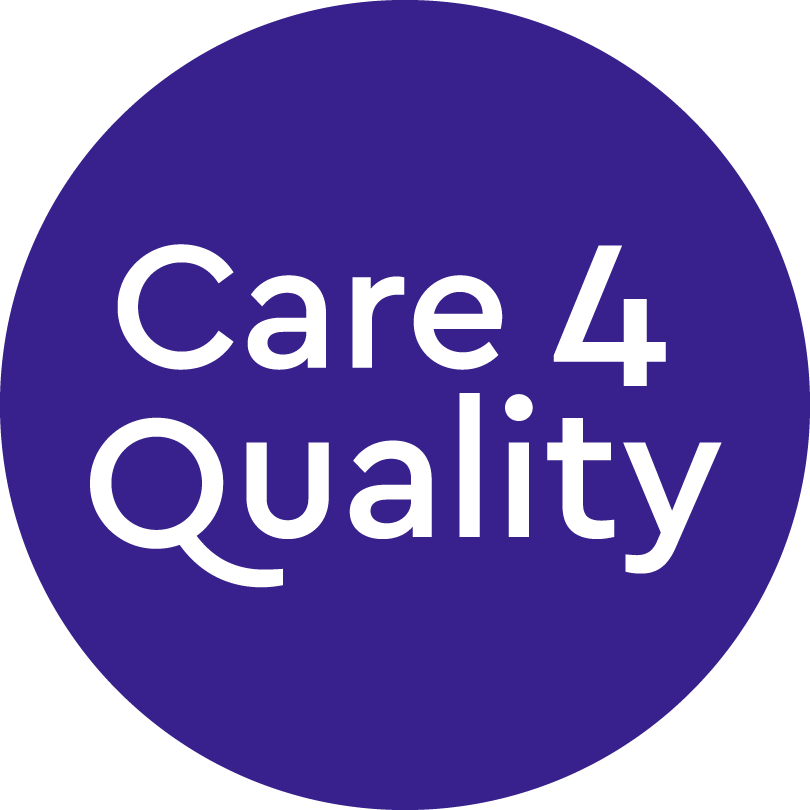Clinical Governance
Clinical Governance
Our Services
Clinical governance is a system by which healthcare providers can continuously monitor and improve the quality of their services and safeguarding high standards of care.
A Framework for Clinical Governance?
There are many frameworks for clinical governance, but the most familiar is the 7 Key Pillars of Clinical Governance. These pillars are:
- Clinical Effectiveness and Research – Care should be evidence based and designed to deliver the best outcome for the patient/client.
- Audit – The audit process is to ensure that clinical practice is continuously monitored and that deficiencies in care delivery are remedied.
- Risk Management – Systems should be in place to understand, monitor and minimise risk to safeguard patients and staff.
- Education and Training – Staff need appropriate training and support available to maintain their competency and to develop new skills, so they are continuously up to date.
- Patient and Public Involvement – Involvement and feedback from both the patient/client and the public is used to develop and improve services and the quality of the experience of the care delivered.
- Information and IT – Data needs to be secure, up to date and accurate, and used effectively to measure quality of the services.
- Staff Management – The safe and appropriate recruitment and management of staff.
What Do the CQC Expect to See?
The CQC consider clinical governance arrangements within a provider to make judgements about how effective and well-led they are.
These include, but are not limited to:
- Information and people’s care and treatments and their outcomes are routinely collected and monitored. Information including assessments, diagnosis and referrals are used to improve the quality of care.
- Quality improvement activities, including clinical audits and other monitoring activities, such as reviews of services, benchmarking, peer review and service accreditation.
- Empowering patients/clients, listening and learning from incidents, complaints and complements, and enabling staff to lead change.
How Can Care 4 Quality. Help?
Addressing good clinical governance should be a high priority for all healthcare providers. However, it can be a daunting and time-consuming task for providers to keep on top of.
CQC Inspections
Looking at clinical governance arrangements is a key aspect of CQC inspections. The best way to prepare for a CQC inspection is to arrange a mock inspection with a member of our team.
The processes involved are relevant to the key questions, or KLOEs, that a CQC inspector will ask as part of the process.
These are:
- Is your provider safe?
- Is your provider effective?
- Is your provider caring?
- Is your provider responsive to people’s needs?
- Is your provider well-led?
Expertise. Integrity. Passion.
Expert advice when you need it. Find out how we can help you and your business.
Get in touch to discuss your specific requirements.
Request a Callback with Our Specialist Team!
Leave your contact details along with a few lines about the nature of your enquiry and a specialist member of our team will get in touch.
